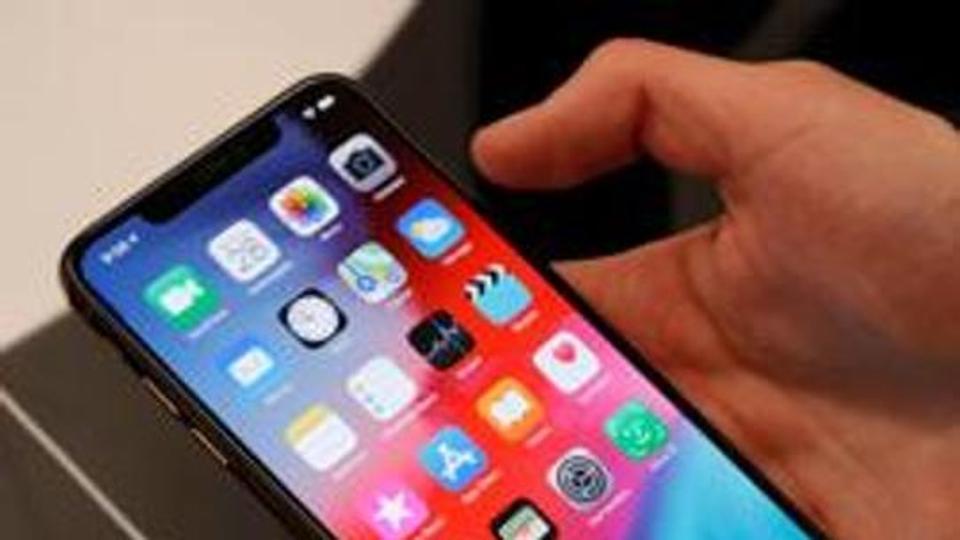US FCC set to let phone companies block more robocalls
YouMail, a company that blocks robocalls and tracks them, estimated there were 4.9 billion unwanted U.S. calls last month after nearly 48 billion in 2018, which was up nearly 60% from 2017.

US Federal Communications Commission (FCC) Chairman Ajit Pai on Wednesday proposed allowing phone companies to block unwanted "robocalls" by default in a bid to reduce the flood of nuisance calls from telemarketers and scammers.
Pai said many service providers have held off developing and deploying default call-blocking tools because of uncertainty about whether the tools are legal under the FCC rules.
Allowing the default call-blocking could significantly increase development and consumer adoption of the tools, Pai said, adding that providers should offer call blocking services for free. In addition, companies could allow users to block calls not on their contact lists, Pai said.
"By making it clear that such call blocking is allowed, the FCC will give voice service providers the legal certainty they need to block unwanted calls from the outset so that consumers never have to get them," Pai said.
The US telecommunications regulator is expected to approve Pai's proposal at its June 6 meeting. Pai and the other four FCC commissioners testified on Wednesday before a US House panel amid frustration in Congress and among U.S. consumers over the flood of robocalls.
YouMail, a company that blocks robocalls and tracks them, estimated there were 4.9 billion unwanted U.S. calls last month after nearly 48 billion in 2018, which was up nearly 60% from 2017.
Not all automated calls are illegal. Some are from school districts, utilities, pharmacies or cities.
Carriers expressed support for Pai's proposal.
Verizon Communications Inc praised the FCC for "taking aggressive action and exploring new tools to protect consumers."
"While there may not be a silver bullet that entirely ends these activities, we're fully committed to fighting the scourge of robocalls," it said in a statement.
AT&T Inc said Pai's proposal "will increase the arsenal of tools available to combat calls that are not authenticated" but warned that "scammers continue to find new ways to reach unsuspecting consumers."
In May 2018, Pai called on companies to adopt an industry-developed "call authentication system" aimed at ending the use of illegitimate spoofed numbers from the telephone system.
Pai said this week he expects major phone providers to implement those caller ID standards this year and will host a summit on July 11 to review the industry's progress.
"We chose this industry-led path because it is the fastest way to help consumers, but I remain committed to taking regulatory action" if carriers do not act this year, Pai said in a statement on Monday.
In November, Pai wrote to the chief executive officers of major providers demanding they launch the system no later than 2019 to combat robocalls.
FCC Commissioner Jessica Rosenworcel, a Democrat, said this week the FCC should require call authentication technology and make available free tools to consumers to block calls. The FCC, she added, has wasted time holding summits and workshops "instead of holding bad actors responsible."
Catch all the Latest Tech News, Mobile News, Laptop News, Gaming news, Wearables News , How To News, also keep up with us on Whatsapp channel,Twitter, Facebook, Google News, and Instagram. For our latest videos, subscribe to our YouTube channel.































